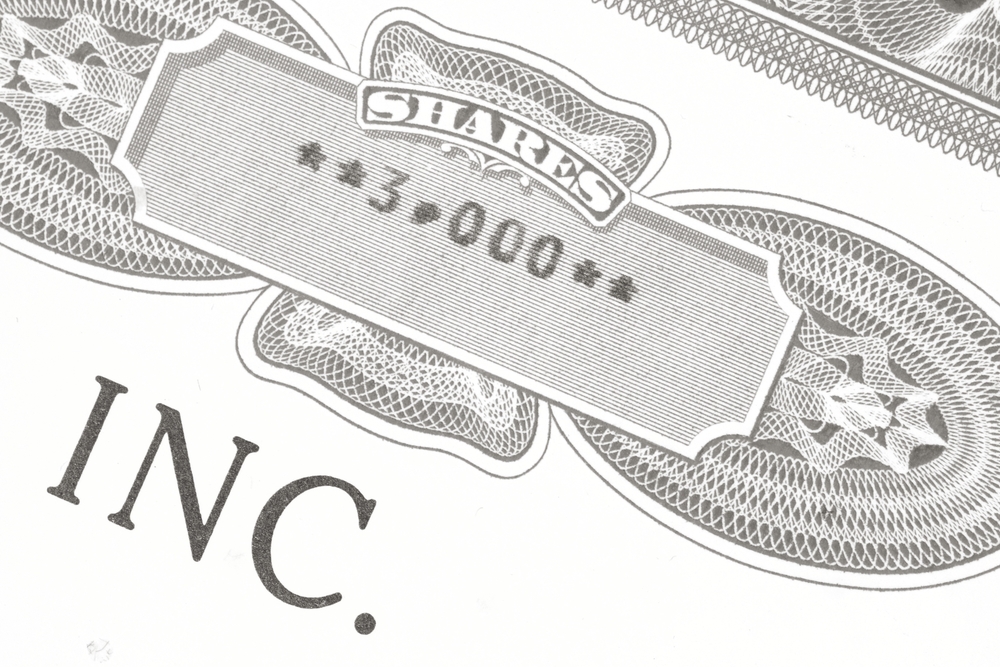News & Insight

Recent share scheme statistics published by HMRC
H
M Revenue and Customs recently published statistics on the adoption and operation of certain employee share plans during the 2016/17 tax year.
What are share plans?
Share plans are used by companies to incentivise and reward employees. Most share plans are structured so that the company is able to make awards of shares to employees or grant options to employees to buy shares. Currently, UK tax legislation offers companies four “approved” share plans which can provide tax advantages to employees (and employers). These are:
- company share option plans (“CSOPs”);
- share incentive plans (“SIPs”);
- save as you earn plans (“SAYE”); and
- enterprise management incentive schemes (“EMI”).
Under one of these “approved” share plans, employees acquiring shares may be entitled to relief from income tax relief and national insurance contributions. There may also be certain advantages for employees as regards the capital gains tax payable on the disposal of shares, for instance with entrepreneurs’ relief potentially applying in respect of shares acquired on exercise of EMI options without the need to own 5% of the shares in the company.
Share plans are either ‘discretionary’ plans (EMI and CSOP), which means that it is not necessary to offer them to all employees, or ‘all-employee’ plans (SIP and SAYE), which must be offered to all qualifying employees.
Discretionary plans allow participating employees to exercise their right to acquire shares at a later date and at a previously determined rate. The SAYE plan is an all-employee plan which allows awards to be made to employees by way of options to purchase shares from net salary (of up to £500 per month).
Under a SIP plan, shares are directly awarded to the employee (albeit held by a UK resident trust for a holding period) on a free basis (employers can give employees up to £3,600 worth of shares per year) and/or purchased basis (employees may purchase shares out of pre-tax and national insurance earnings or with the dividends received from the free shares). Matching share awards can also be made.
Key statistics from the 2016/17 tax year
According to the HMRC report for the 2016/17 tax year:
- The total value of income tax relief received by employees participating in an HMRC approved share plan was estimated at £560 million and £360 million as regards the associated national insurance contributions relief.
- The total number of companies operating an HMRC approved share plan increased by 10% compared to the 2015/16 tax year.
- Why was there an increase? HMRC considers this is primarily driven by the growth in usage of EMI schemes (which now represent 83% of all approved share plans). HMRC believes that the primary reason for the prevalence of EMI plans is that the maximum individual grant can be as much as £250,000 worth of shares (with the value determined at grant) which can be granted to each employee during a three-year period. This is a much larger amount than is the case under SAYE, CSOP and SIPs.
- Approved share plans are currently in use by about 11,850 companies.
Despite the prevalence of EMI schemes, the majority of income tax and national insurance contributions relief is enjoyed by employees participating in SIPs, which are of course ‘all employee’ schemes where there are greater numbers of participants.
Conclusion
HMRC approved share plans continue to be extremely popular. EMI plans, in particular, continue to be a highly effective method of incentivising key management. SIPs are also providing considerable relievable gains as they are offered on an all-employee basis even though the individual relievable gain is more modest.
For further information on how to implement a share scheme, and advice on management incentives generally, please contact enquiries@humphreys.law.
Humphreys Law

If you would like to contact a member of our team, please get in touch by filling in the form below.
"*" indicates required fields
Humphreys Law